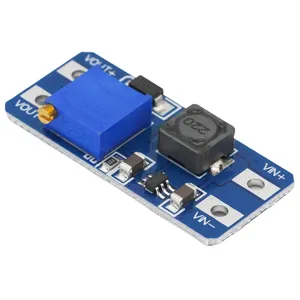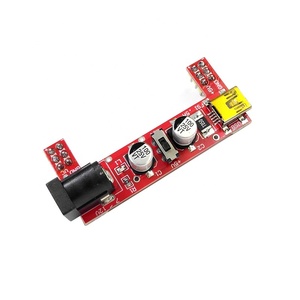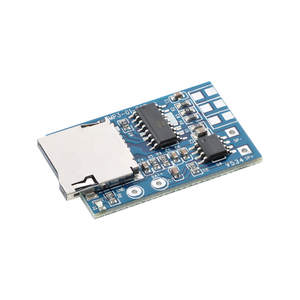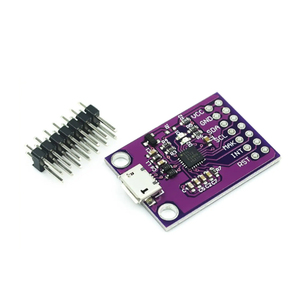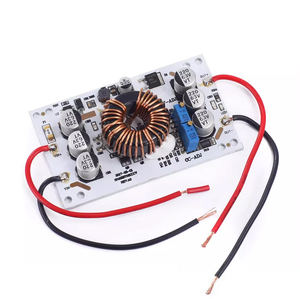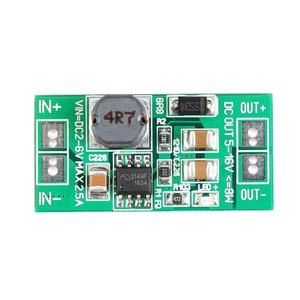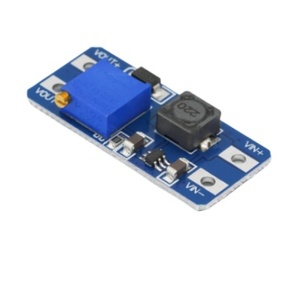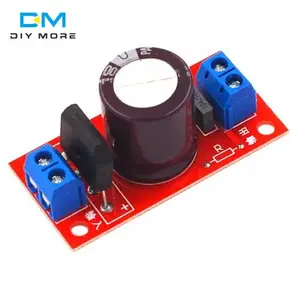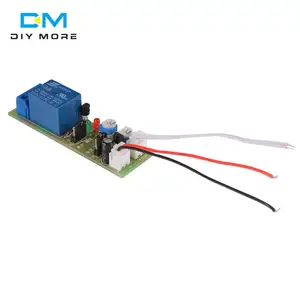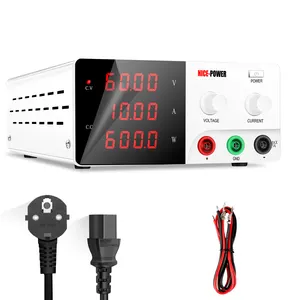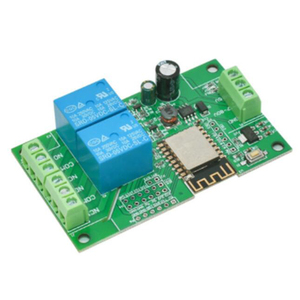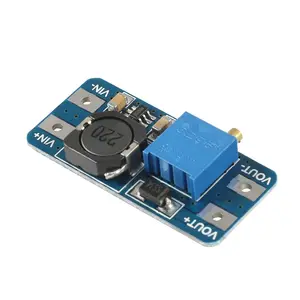Power Supply In Arduino





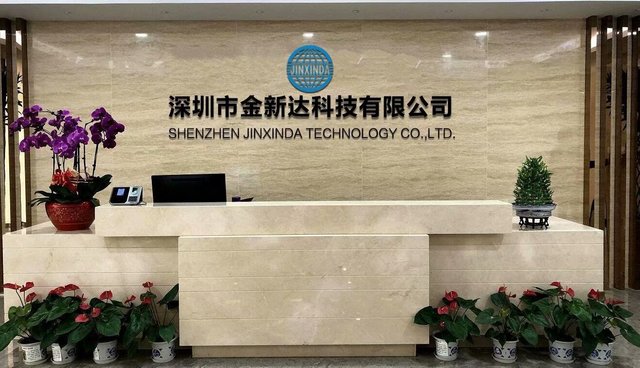


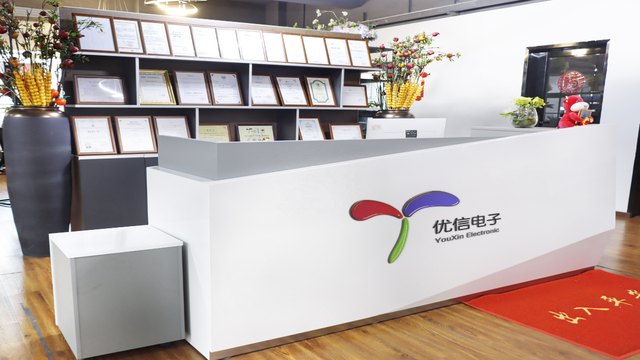





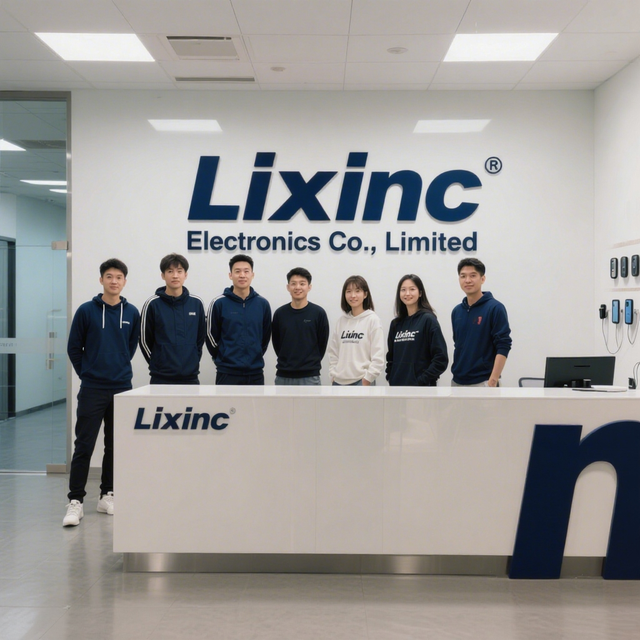








 1/13
1/13



 1/15
1/15







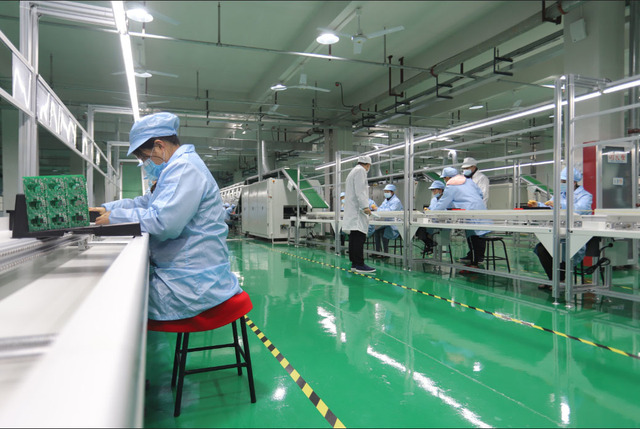

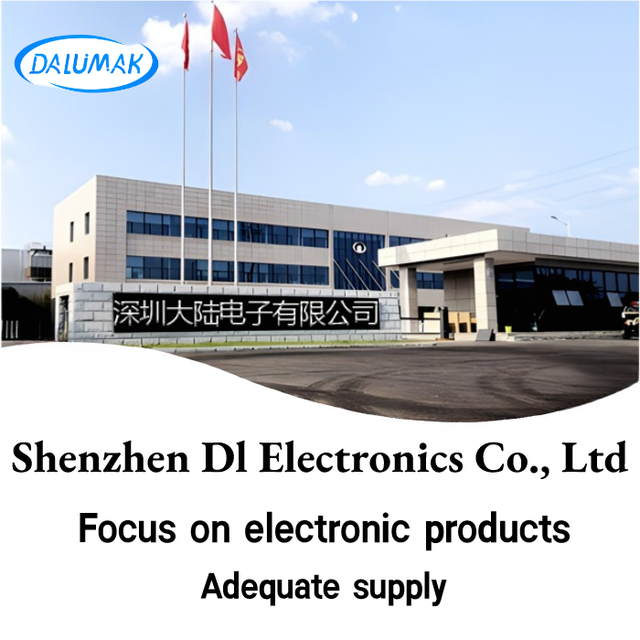
About power supply in arduino
Where to Find Power Supply for Arduino Suppliers?
China remains the central hub for electronics manufacturing, with Shenzhen-based suppliers dominating the production of power supply solutions tailored for Arduino and compatible microcontroller systems. The city's dense ecosystem of component manufacturers, PCB fabricators, and module assemblers enables rapid prototyping and scalable production. These suppliers specialize in compact DC-DC converters, step-up/down voltage regulators, and integrated power modules designed for low-voltage embedded applications.
The industrial cluster offers vertical integration from semiconductor sourcing to final assembly, allowing efficient coordination between IC distributors, surface-mount technology (SMT) lines, and quality testing units. This proximity reduces lead times and supports flexible order volumes, from single-piece samples to bulk shipments exceeding 10,000 units. Key advantages include cost-effective access to widely used regulator ICs such as MT3608, LM2596, and AMS1117, along with standardized breakout boards and breadboard-compatible designs that streamline integration into DIY and commercial IoT projects.
How to Choose Power Supply for Arduino Suppliers?
Procurement decisions should be guided by technical compatibility, operational reliability, and transactional transparency:
Technical Specifications Verification
Confirm input/output voltage ranges, current capacity, and regulation type (buck, boost, or linear) match project requirements. For battery-powered or portable applications, prioritize high-efficiency switching regulators with minimal quiescent current. Validate pin compatibility with common development platforms like NodeMCU, ESP32, or Uno shields through product diagrams or datasheets.
Production and Quality Benchmarks
Assess supplier capabilities through available performance indicators:
- On-time delivery rates exceeding 95% indicate reliable logistics management
- Response times under 2 hours reflect strong customer service infrastructure
- Minimum order quantities (MOQ) starting at 1–5 pieces support prototyping needs
- Online transaction volume above US $50,000 suggests consistent market demand and fulfillment capability
Transaction and Risk Mitigation
Leverage secure payment methods where applicable and request sample units before large orders. Evaluate build quality, soldering precision, and labeling accuracy upon receipt. For custom configurations—such as specific output voltages or connector types—confirm whether design modifications are supported and verify turnaround time for revised prototypes.
What Are the Best Power Supply for Arduino Suppliers?
| Company Name | Main Products | Online Revenue | On-Time Delivery | Avg. Response | Reorder Rate | Min. Order | Price Range (USD) |
|---|---|---|---|---|---|---|---|
| Shenzhen Jinxinda Technology Co., Ltd. | DC-DC Converters, Power Modules, Relay Boards | US $100,000+ | 98% | ≤7h | 17% | 5–100 pcs | $0.10–7.20 |
| Shenzhen Shiji Chaoyue Electronics Co., Ltd. | MT3608, LM2596, AMS1117 Modules | US $60,000+ | 100% | ≤8h | <15% | 2–10 pcs | $0.20–10.10 |
| Shenzhen Kuaiqu Electronic Co., Ltd. | Digital Adjustable Power Supplies | US $50,000+ | 100% | ≤4h | <15% | 1–2 pcs | $30.99–99.99 |
| Shenzhen Boyida Electronics Co., Ltd. | Breadboard Power Units, TTL-RS485 Converters | US $50,000+ | 91% | ≤2h | <15% | 5–10 pcs | $0.28–1.28 |
| Shenzhen VictoryStar Technology.,Limited | Development Boards, Expansion Shields | US $20,000+ | 100% | ≤1h | <15% | 1 pc | $0.51–3.27 |
Performance Analysis
Shenzhen Jinxinda leads in production scale and product diversity, offering a broad portfolio of power conversion modules with competitive pricing and high delivery reliability. Shenzhen Shiji Chaoyue excels in basic regulator modules, providing some of the lowest per-unit costs for MT3608 and LM2596-based boards, ideal for high-volume integrations. For precision benchtop use, Shenzhen Kuaiqu offers digitally controlled power supplies with adjustable voltage and current limiting—suitable for testing and development environments despite higher entry pricing.
Suppliers like Boyida and VictoryStar cater to entry-level users and educators, with ultra-low MOQs and breadboard-friendly formats. VictoryStar stands out for sub-one-hour response times and single-piece availability, making it optimal for urgent prototyping needs. Buyers should note that while most suppliers report on-time delivery above 90%, only three maintain verified records above 98%, indicating potential variability in logistics execution.
FAQs
How to verify power supply compatibility with Arduino?
Cross-check the required input voltage (typically 7–12V via barrel jack or 5V via USB) and ensure the module provides stable, noise-free output. Avoid unregulated sources that may cause brownout resets. For external power, confirm polarity and current rating exceed the total system load.
What is the typical lead time for samples?
Standard sample fulfillment ranges from 3–7 days for in-stock items. Shipping via standard mail adds 7–15 days internationally. Expedited options may reduce total time to 5–10 days door-to-door.
Can suppliers customize output voltage or connectors?
Limited customization is available, primarily through resistor value adjustments on feedback circuits. Some suppliers offer pre-configured variants (e.g., 3.3V or 9V output). Connector changes (JST, screw terminals, etc.) are less common but possible for orders exceeding 1,000 units.
Are these power modules RoHS compliant?
Most listings originate from manufacturers adhering to RoHS standards for lead-free components and restricted substances. However, formal certification documentation is rarely provided. Buyers requiring compliance proof should request material declarations prior to ordering.
What are common packaging and shipping options?
Units are typically shipped in anti-static bags with bubble wrap protection. Small orders go via ePacket or standard post; bulk shipments may use express carriers (DHL, FedEx) or sea freight for container loads. FOB terms are standard, with buyer responsible for import duties and taxes.









